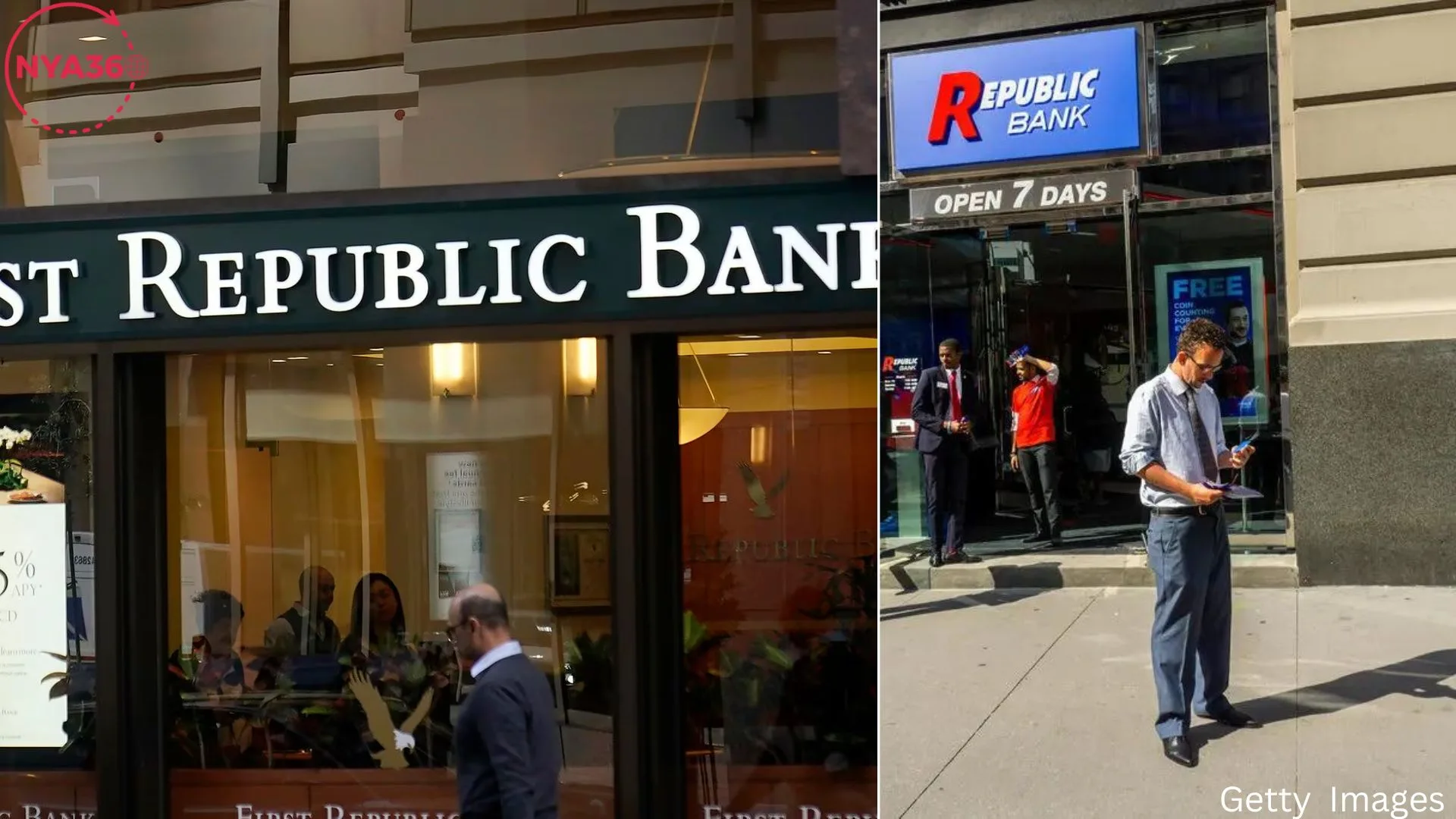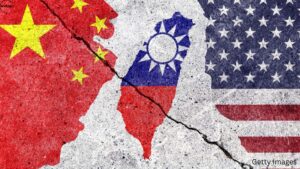The unexpected collapse and subsequent seizure of Republic First Bank by regulators signifies the commencement of what authorities refer to as Banking Crisis II. The consequences of this collapse are far-reaching, as a notable participant in the banking industry yields to financial pressures, fundamentally altering the financial services industry. The integration of the assets and operations of Republic First Bank into JPMorgan Chase, following its dissolution, has substantial ramifications for both the banking sector and consumers.
The failure of Republic First Bank was caused by a confluence of factors, including internal governance deficiencies, external economic influences, and regulatory examination. Notwithstanding its endeavors to fortify its financial standing through strategic alliances and capital injections, the bank encountered difficulties in sustaining stability amidst a market that was progressively more volatile. Increasing losses and apprehensions regarding the quality and liquidity of assets eroded investor confidence and initiated a downward cycle that ultimately resulted in the entity’s demise.
During the regulatory takeover of Republic First Bank, investors, and depositors were confronted with apprehension and uncertainty regarding the whereabouts of their assets. The economy as a whole is profoundly impacted by the failure of a financial institution of this scale; enterprises, individuals, and financial markets are all affected. Concerns regarding the security of deposits, the soundness of regulatory supervision, and the stability of the banking system loom large in the wake of this crisis.

JPMorgan Chase arises as a pivotal participant in the resolution of Republic First Bank’s collapse amidst tumultuous circumstances. JPMorgan Chase is ideally suited to assume the operations of First Republic, the banking subsidiary of Republic First Bank, on account of its enormous resources, extensive network, and solid reputation. By implementing this strategic maneuver, JPMorgan Chase not only strengthens its market standing but also alleviates the repercussions of the collapse by ensuring customers have uninterrupted service access and financial markets remain stable.
The incorporation of First Republic into JPMorgan Chase induces substantial transformations within the banking industry. Customers of First Republic can anticipate a smooth and uninterrupted transfer of their accounts and services to JPMorgan Chase, guaranteeing continuous availability of banking products and services. JPMorgan Chase, renowned for its proficiency in wealth management, business banking, and private banking, is positioned to augment the array of financial solutions and expertise accessible to former First Republic clients.
Nevertheless, the consolidation of banking assets under the JPMorgan Chase umbrella gives rise to apprehensions regarding competition and market concentration. With its status as one of the most sizable banking institutions globally, JPMorgan Chase wields substantial sway over the financial sector, which may impose constraints on the variety and selection of banking services. To safeguard consumers and maintain robust competition, it will be imperative for regulators to diligently observe the repercussions of this consolidation.

Furthermore, the failure of Republic First Bank functions as a poignant illustration of the intrinsic dangers and susceptibilities that characterize the banking industry. Notwithstanding the regulatory reforms that were enacted subsequent to the 2008 financial crisis, obstacles continue to exist in the preservation of the stability and integrity of financial institutions. Sustained vigilance, prudent risk management, and effective regulation continue to be critical in safeguarding the interests of depositors and investors and averting future crises.
As a result of the absorption of Republic First Bank by JPMorgan Chase and subsequent collapse, which commenced Banking Crisis II, profound repercussions were felt across the financial markets and banking sector. Although the consolidation of First Republic into JPMorgan Chase ensures continuity and stability, it also gives rise to significant concerns regarding regulatory oversight, market concentration, and competition. With the progression of this crisis, it is imperative that stakeholders maintain a state of constant vigilance in order to effectively tackle the fundamental concerns and fortify the banking system’s resilience in order to avert subsequent crises.
Follow us on social media: Instagram, Threads & Twitter X @nya360_ YouTube & Facebook @nya360.





